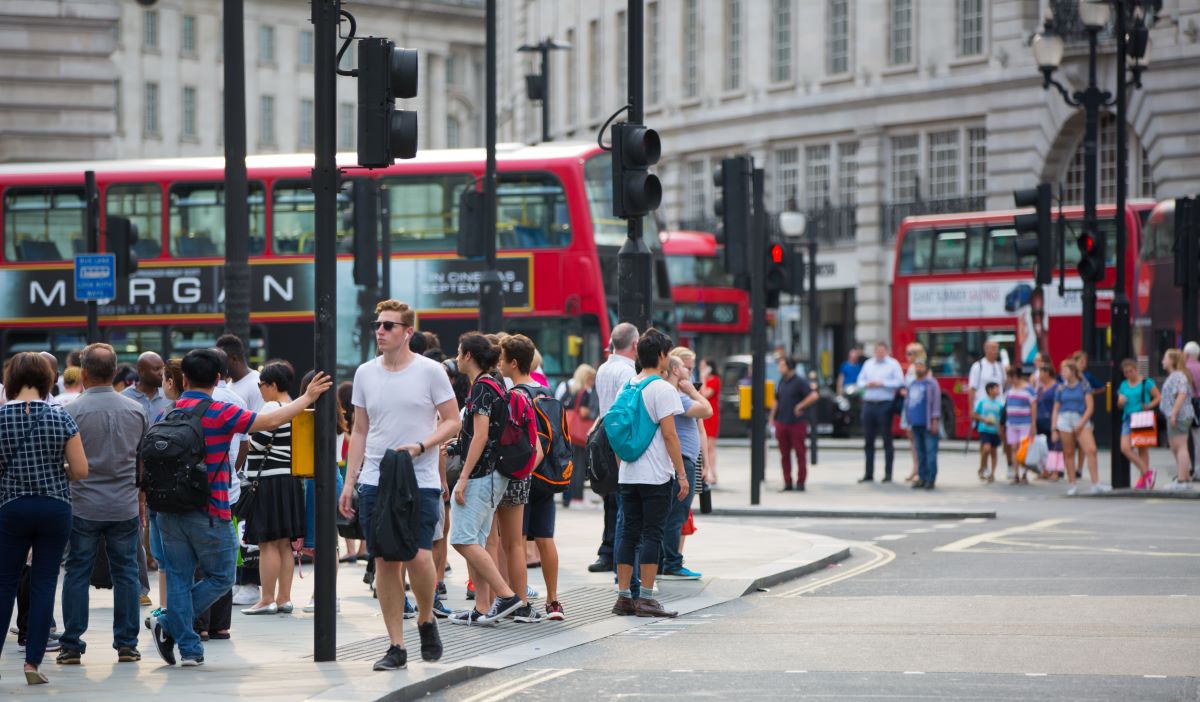UK inflation fell to 2.3% in April, its lowest in nearly three years, but persistent high costs in housing and services, coupled with ongoing public financial challenges, continue to strain household budgets and dampen hopes for early interest rate cuts. Here’s the full story.
Lowest Inflation

In April, UK inflation dropped to its lowest level in three years, reaching tantalisingly close to the Bank of England’s inflation target of 2%.
Early Election

This reduction in inflation, which could be spun as meaning that the economy has turned a corner, was undoubtedly one of the main reasons Prime Minister Rishi Sunak decided to call the early election, which will take place on July 4th.
“The Plan Is Working”
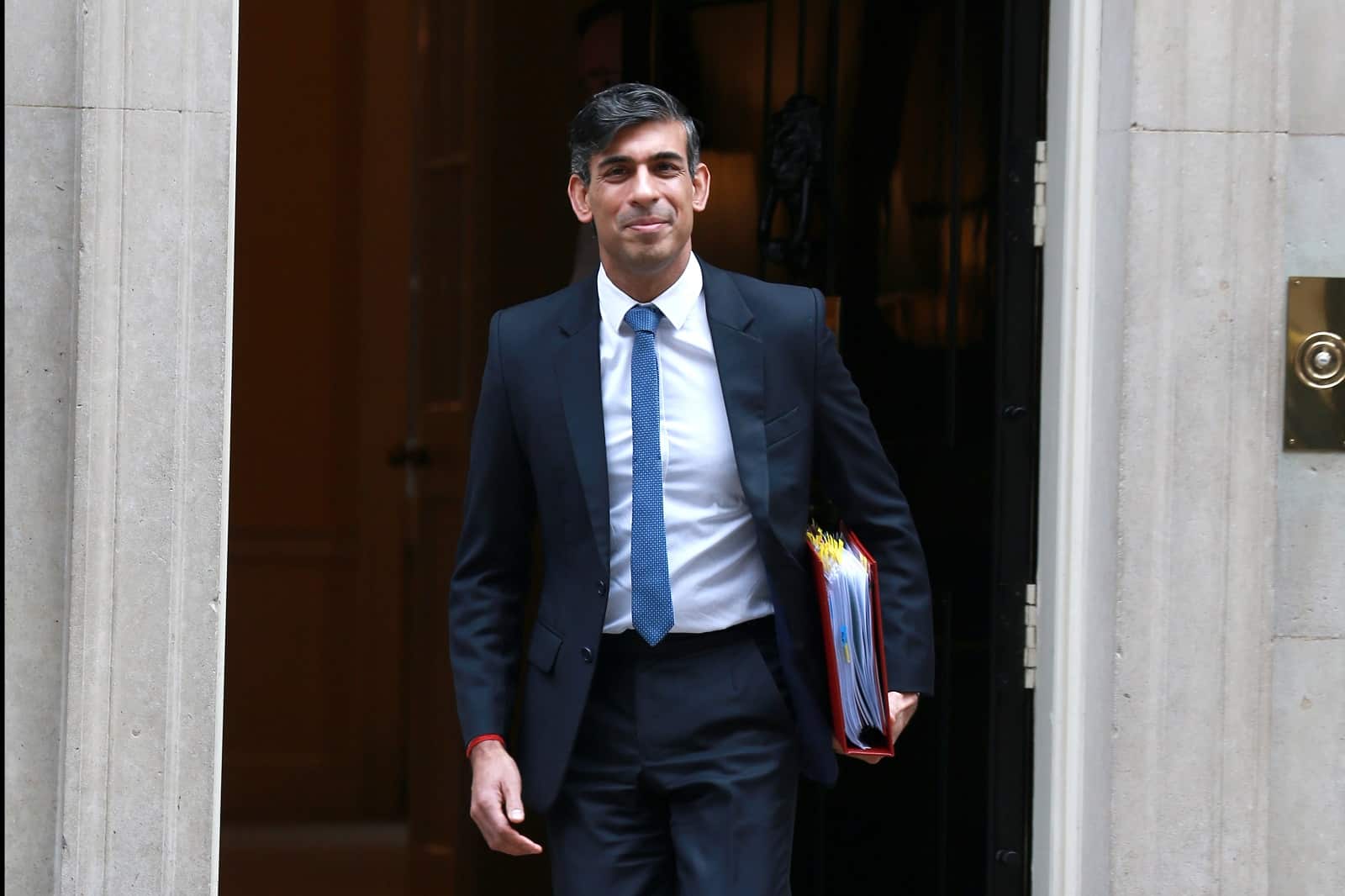
Even though the decline was much smaller than anticipated, with City analysts having predicted a fall in inflation to 2.1%, Sunak claimed the new figure showed that “the plan is working and that the difficult decisions we have taken are paying off.”
5.25% Interest Rate Remains

However, this slower-than-expected decrease has dampened hopes for an early interest rate cut from the Bank of England, currently set at 5.25%.
Claiming Victory
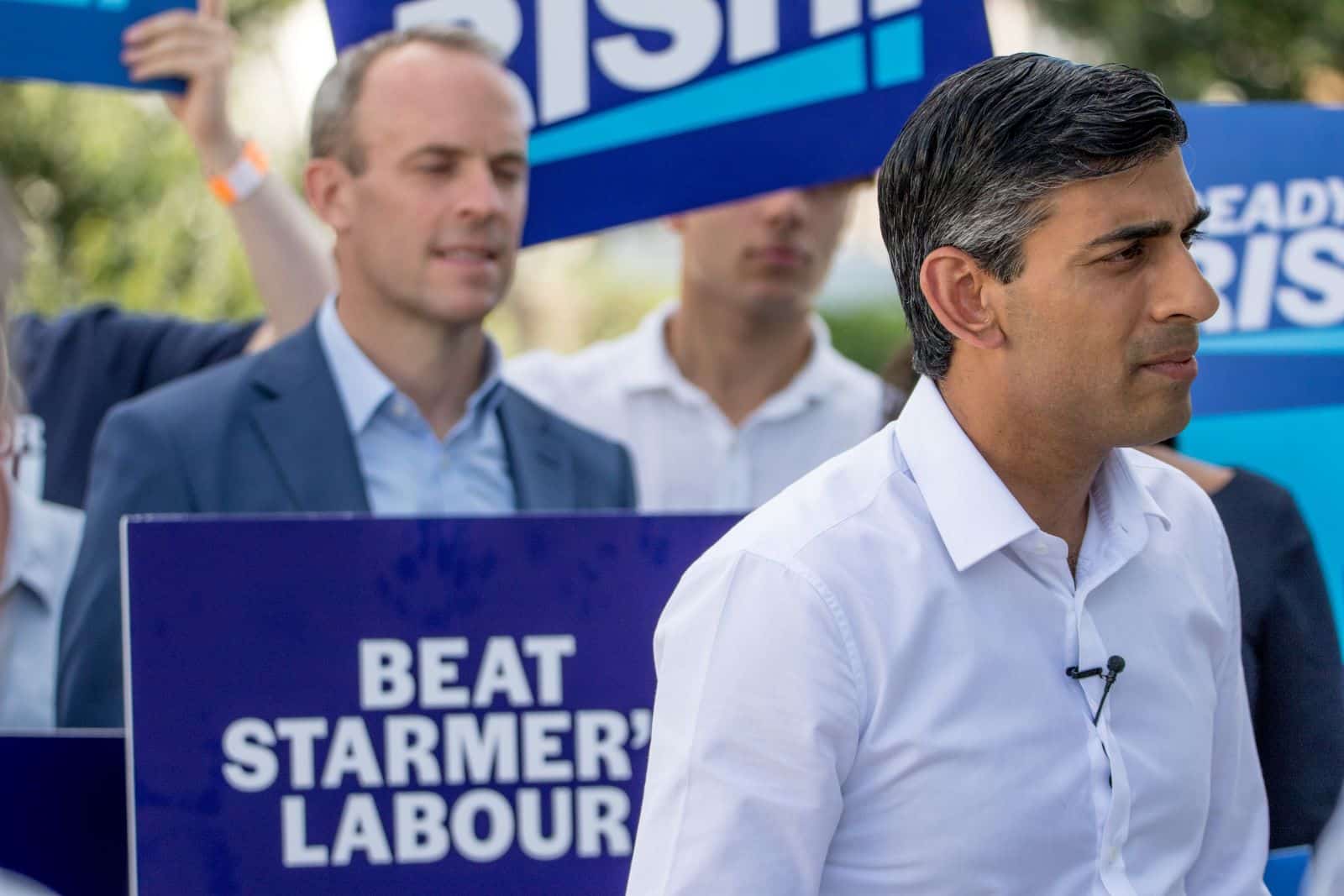
Despite the Prime Minister claiming victory over inflation with its economic policies, the slight reduction from March’s 3.2% inflation rate was primarily driven by lower energy and food costs.
27% Drop
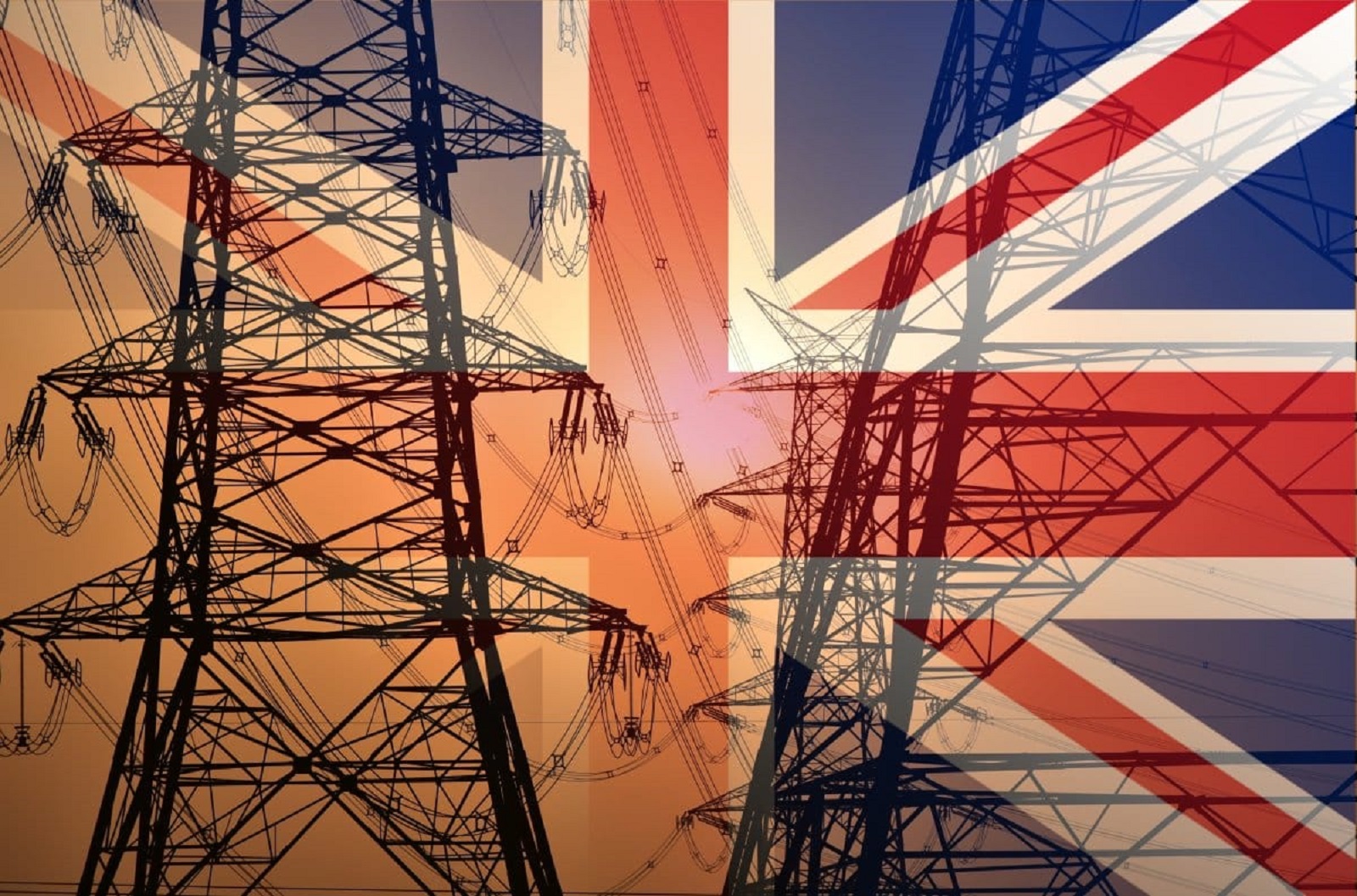
Both electricity and gas prices experienced a significant reduction over the past year, falling by 27%, the most substantial drop on record.
Feeling the Pinch
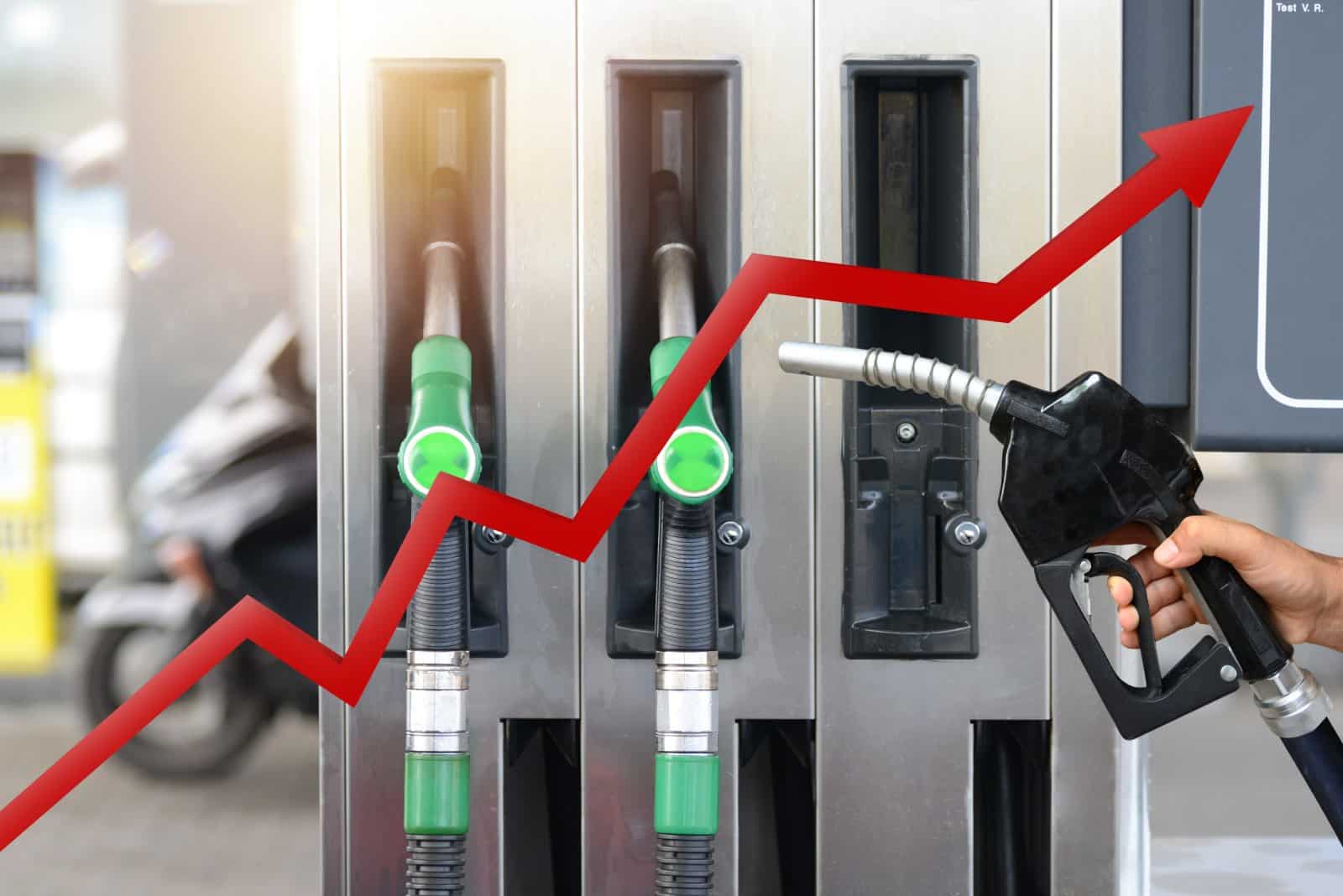
However, this drop in prices comes from previously record highs, which means that many families and individuals up and down the country will still feel the pinch when it comes to paying for their energy.
$83 a Barrel
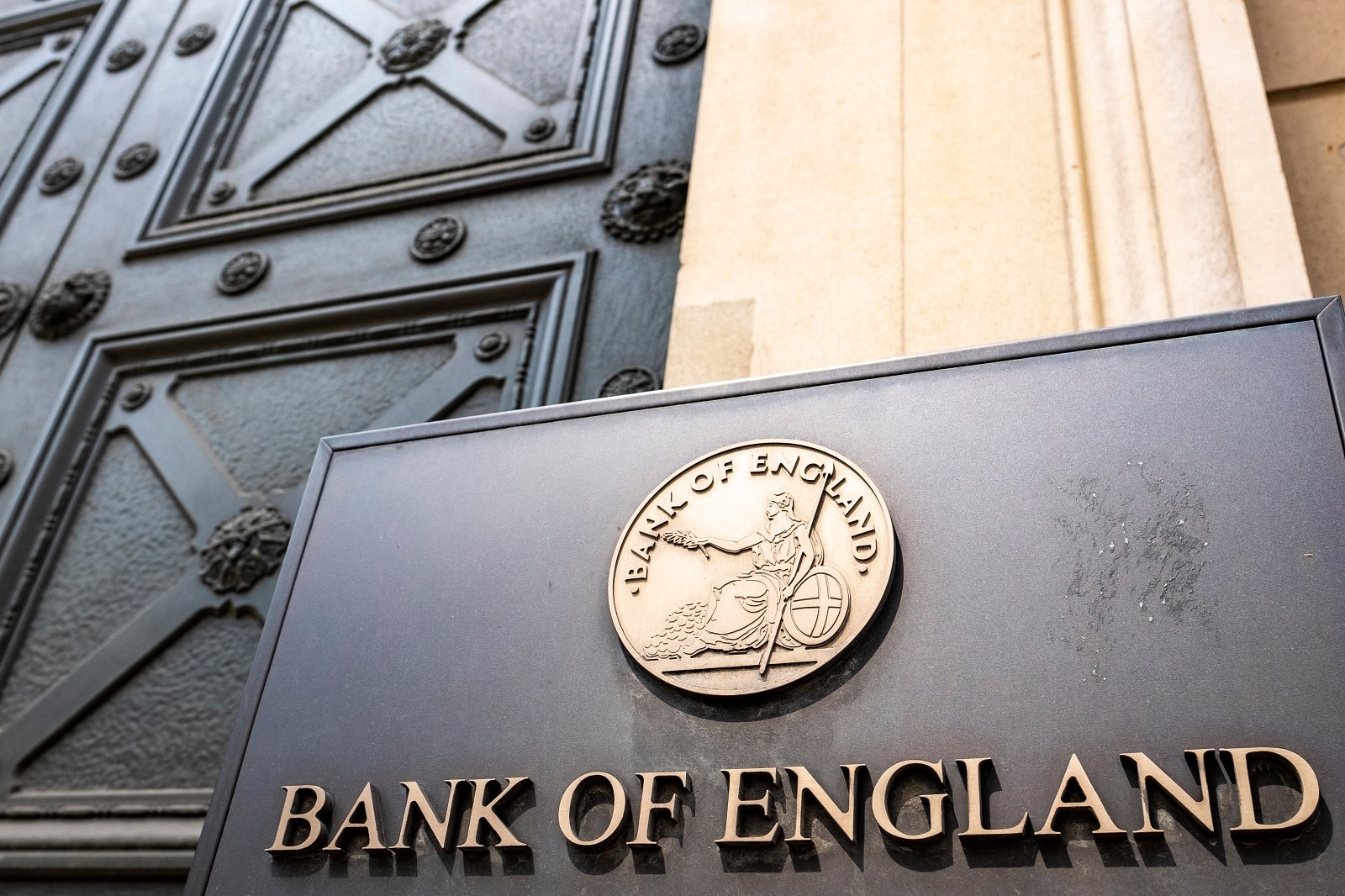
Similarly, despite the price of oil levelling off at around $83 per barrel, the cost of petrol and diesel also increased, which may have stopped inflation short of the Bank of England’s 2% target.
Two Steps Forward, One Step Back
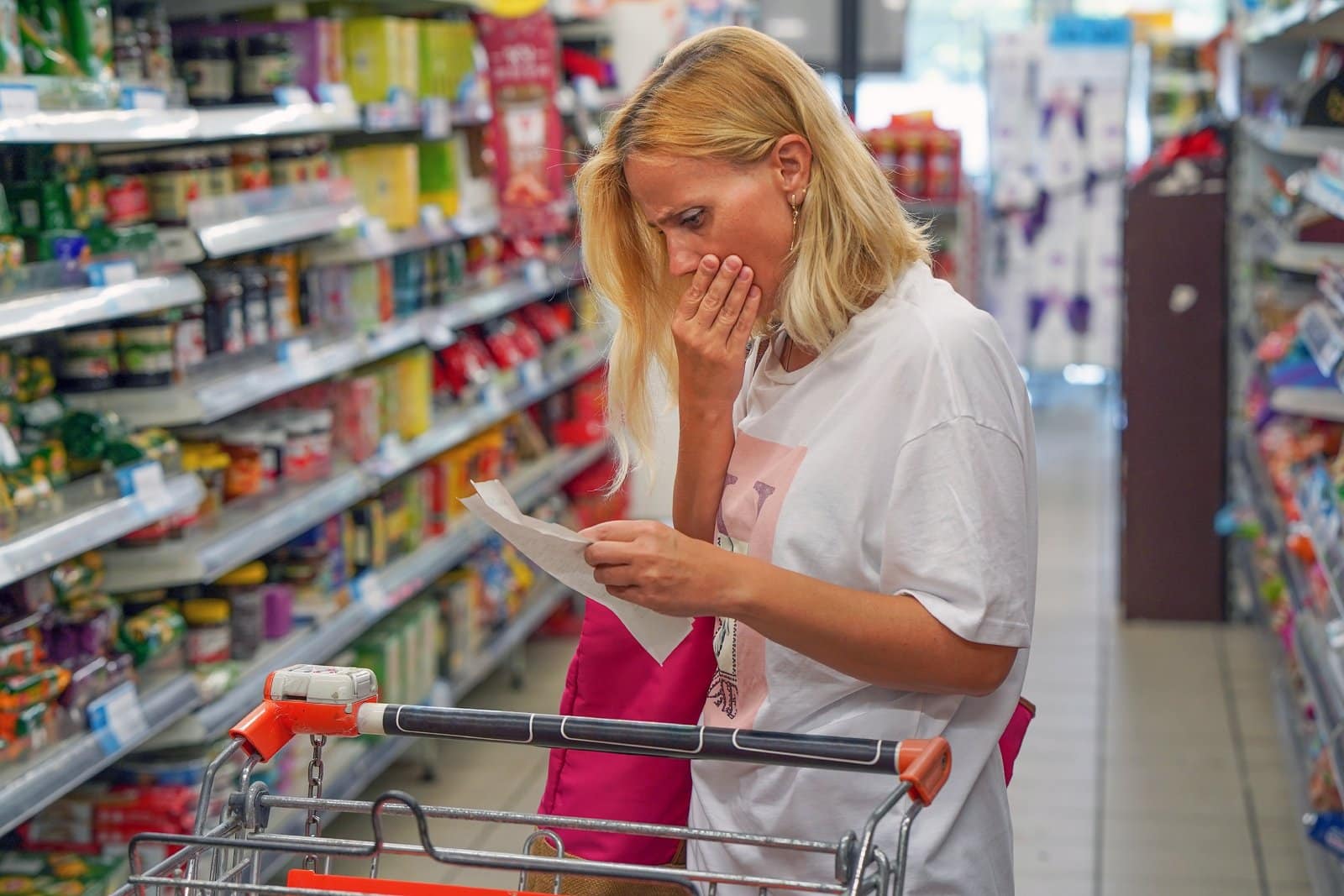
In a rare bit of good news, the annual increase in food and soft drink prices was 2.9%, the lowest since November 2021. This easing of prices in essentials also contributed to the fall in inflation. However, prices are still set to rise.
Strain on Household Budgets

Rising prices are straining many household budgets, as evidenced by changes in consumer spending patterns.
0.1% Reduction
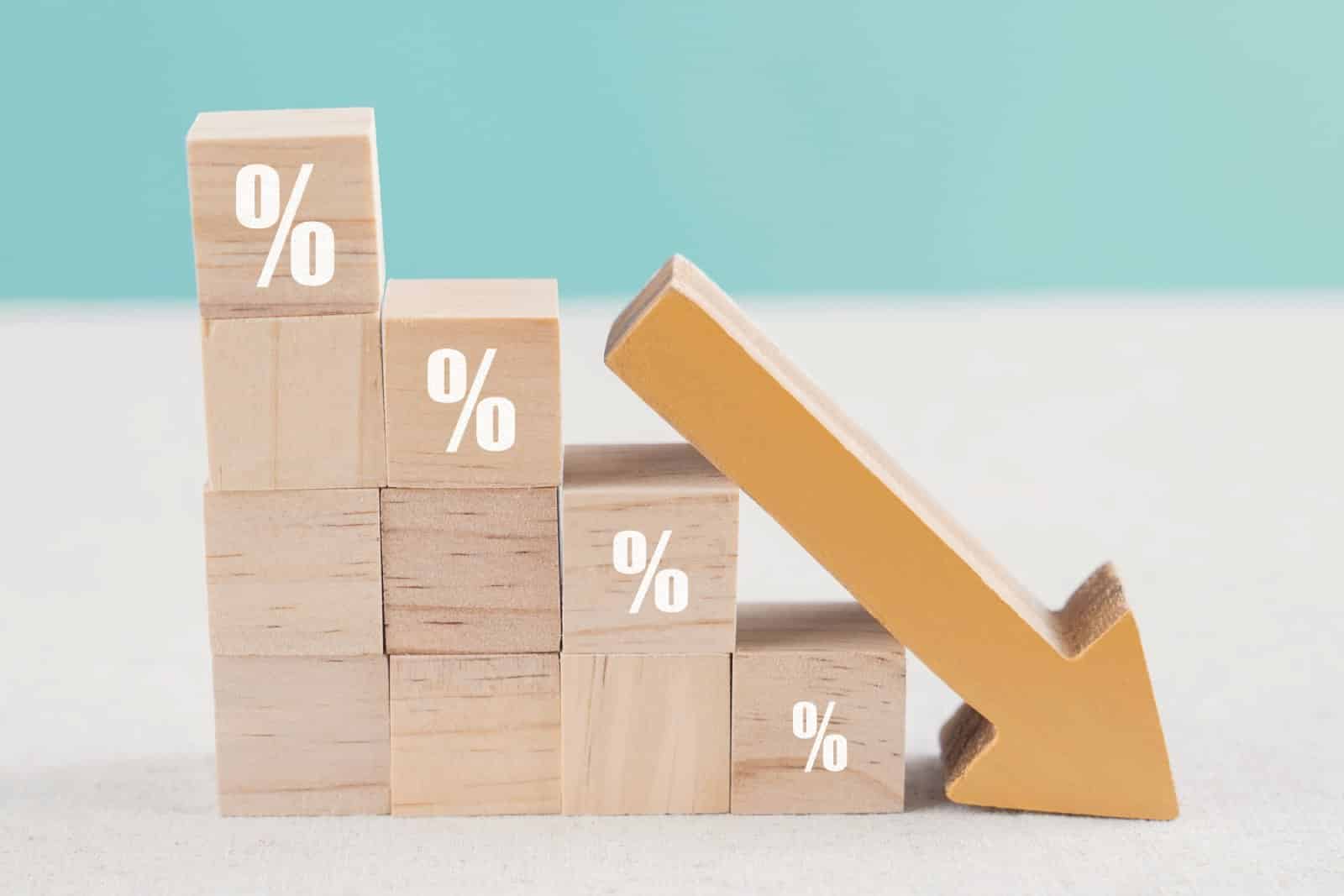
Annual services inflation, which captures the cost companies charge each other, remained high at 5.9%, only slightly down from 6% in March. This persistent services inflation suggests that the underlying cost pressures in the economy are still forcing consumers to pay higher prices.
3% Year on Year
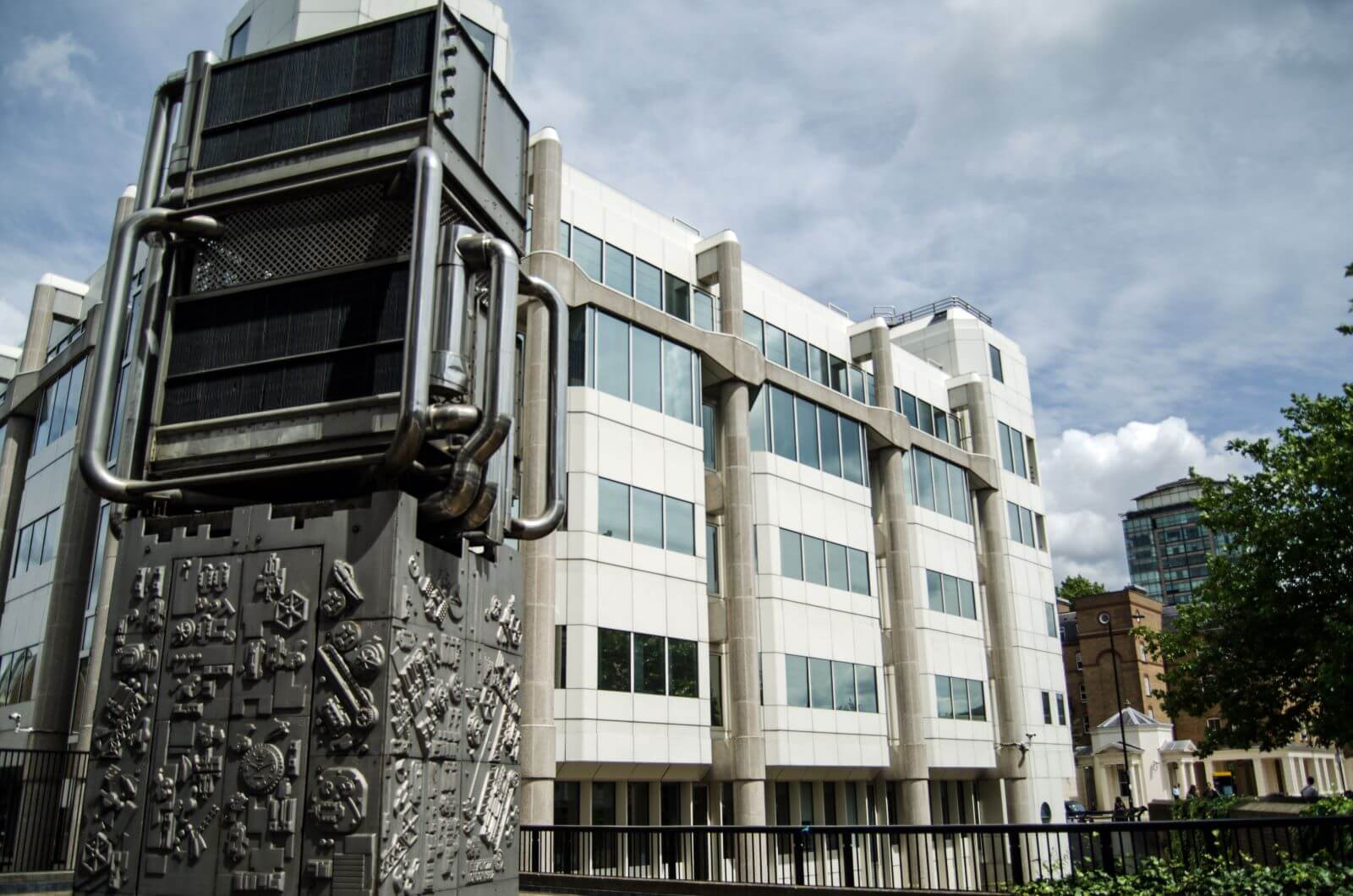
Inflation, which includes housing costs measured by the Office for National Statistics (ONS) alternative consumer prices index (CPIH), rose by 3% year-on-year. This increase was driven by higher property rents and mortgage costs, which continue to squeeze household budgets.
Interest Rate Cut Unlikely
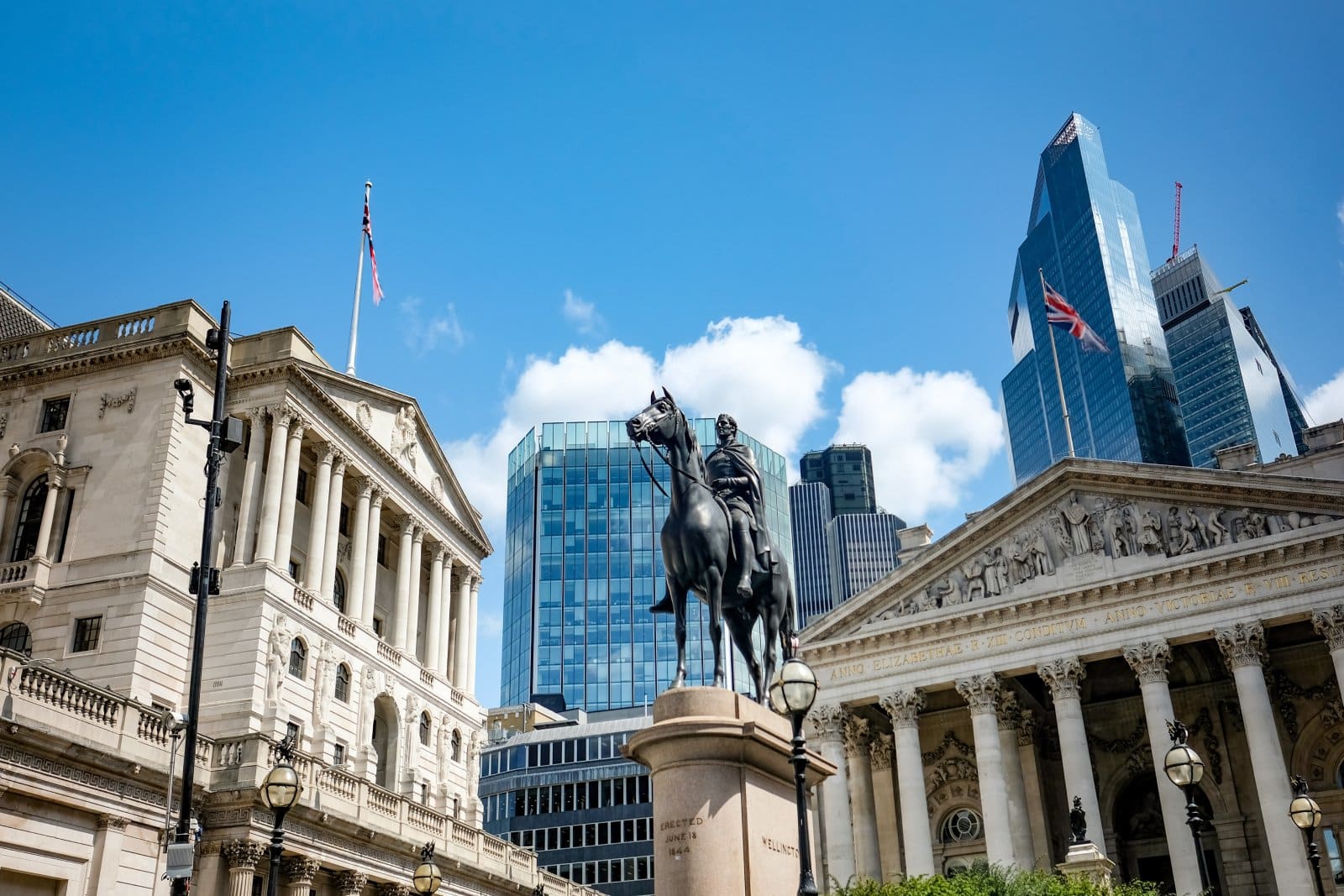
Those with a mortgage or those who rent from people who have one may have hoped that the Bank of England would impose their much-promised interest rate cut. However, with inflation having not reached the 2% target, this seems increasingly unlikely.
“May Not Be Enough”
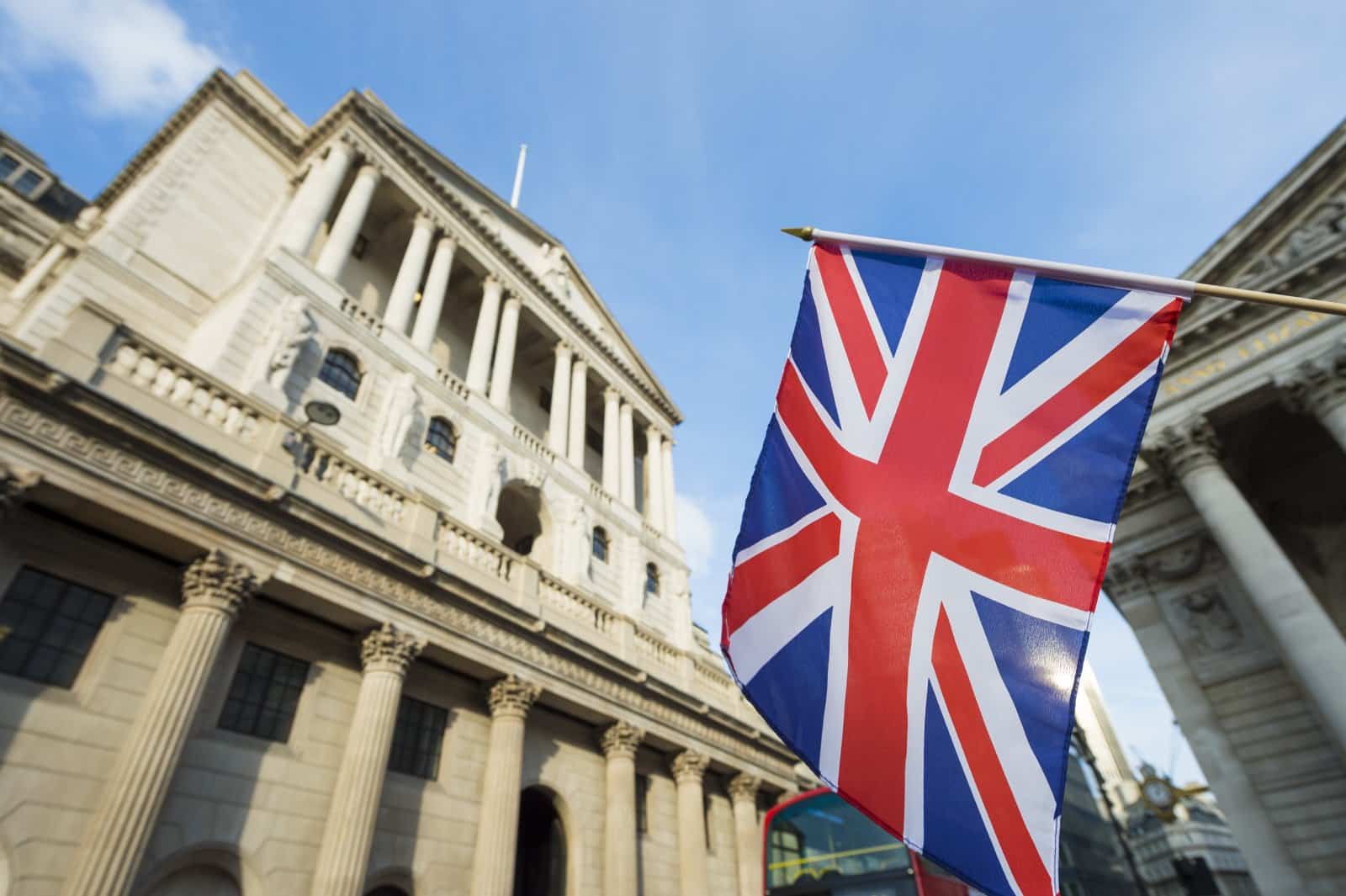
Yael Selfin, the chief economist at KPMG UK, told the Guardian, “Falling inflation closes in on the Bank of England’s target but may not be enough to sway an early rate cut.”
“Popping Champagne Corks”
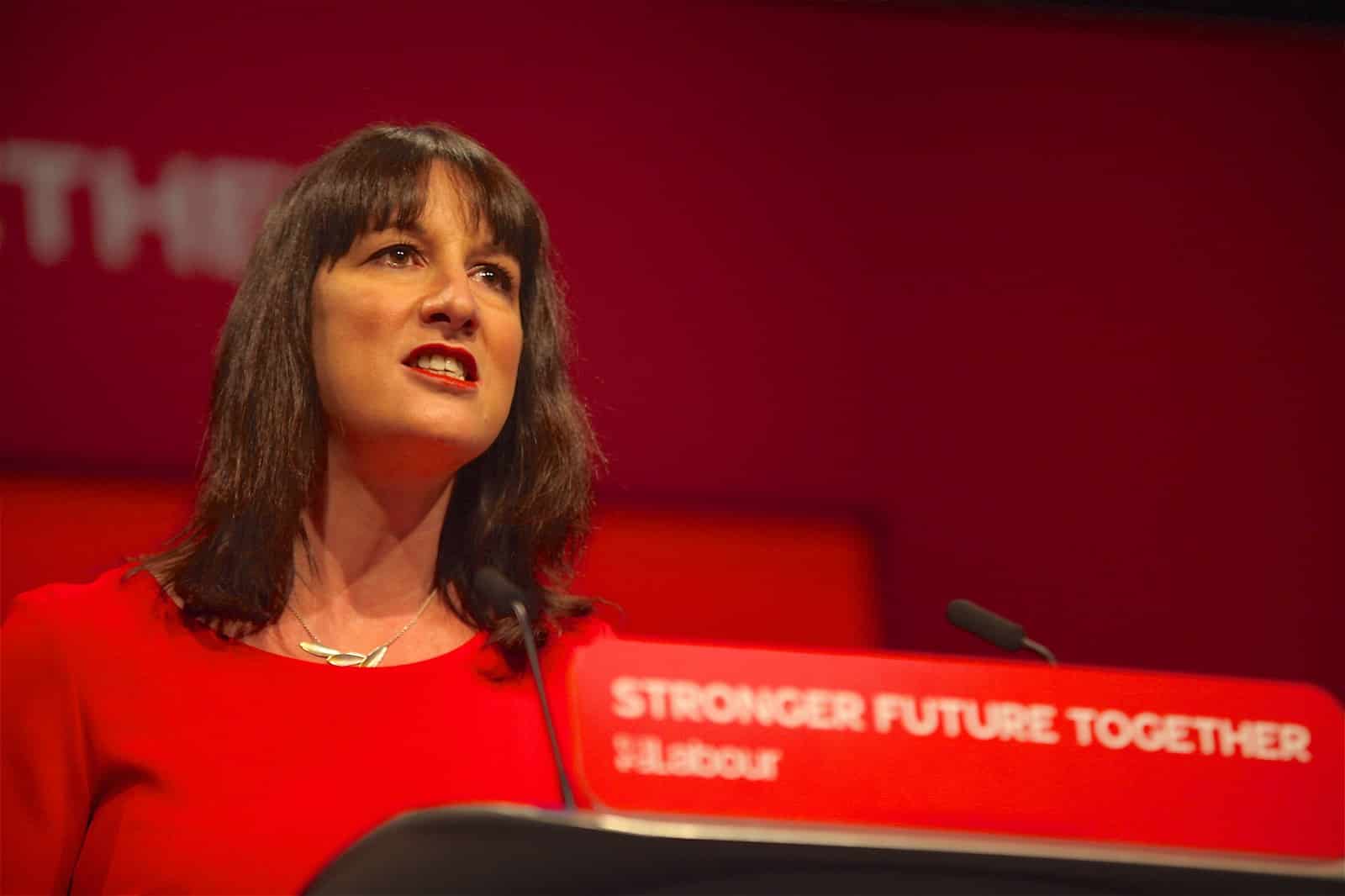
Shadow Chancellor Rachel Reeves was critical of the government’s response to the slight change in the country’s economic fortunes, saying that now was “not the time for Conservative ministers to be popping champagne corks.”
“Prices Have Soared”

Reeves wrote on X, formerly Twitter: “Prices have soared, mortgage bills have risen and taxes are at a 70-year high. Only Labour can be trusted to protect and improve family finances.”
Stubbornly Persistent
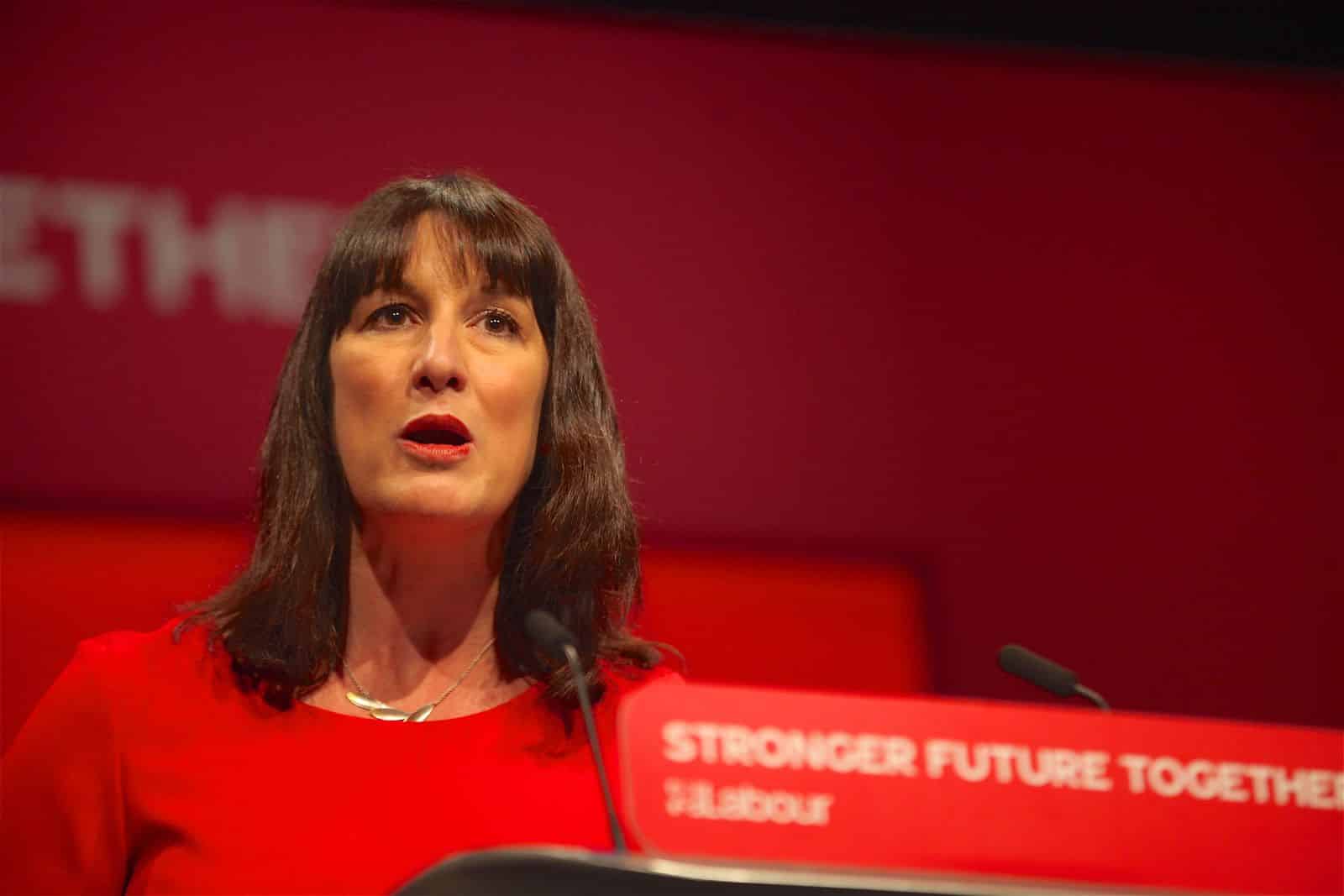
Many people across the country seem to agree with Reeves that, despite the decrease in inflation, the cost-of-living crisis remains stubbornly persistent.
86% Still Squeezed
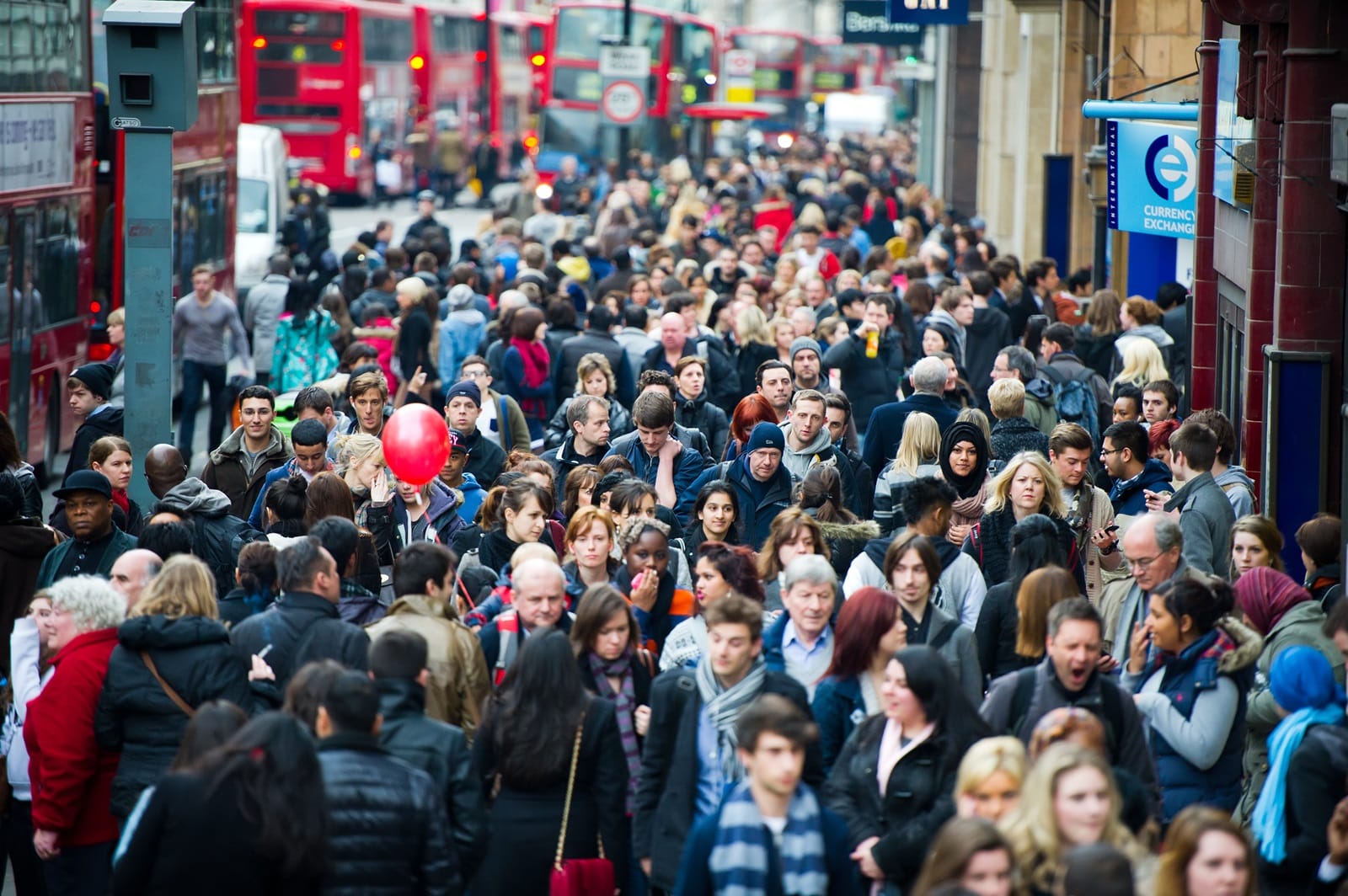
The New Economics Foundation (NEF) poll revealed that only 9% of the UK population feels the squeeze on household budgets has ended. In comparison, a substantial 86% believe it is still ongoing.
“It’s Shameful”
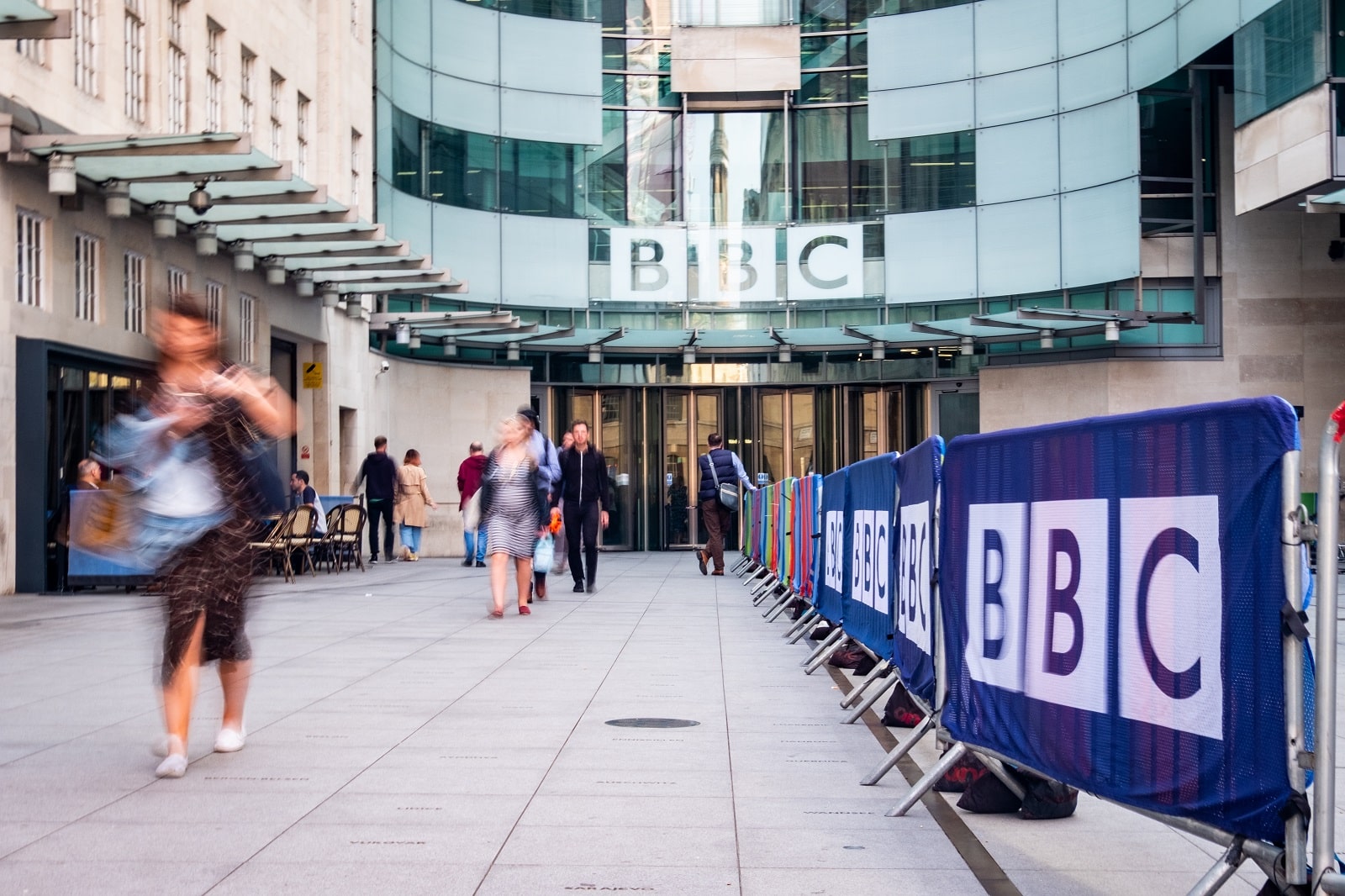
NEF Chief Executive Danny Sriskandarajah told BBC Newsnight, “It’s great that the headline numbers around inflation are looking more positive, but what’s really worrying is that the cost of living is not getting better. I think it’s shameful that there are still millions of people are living in poverty.”
“Able to Live a Decent Life?”
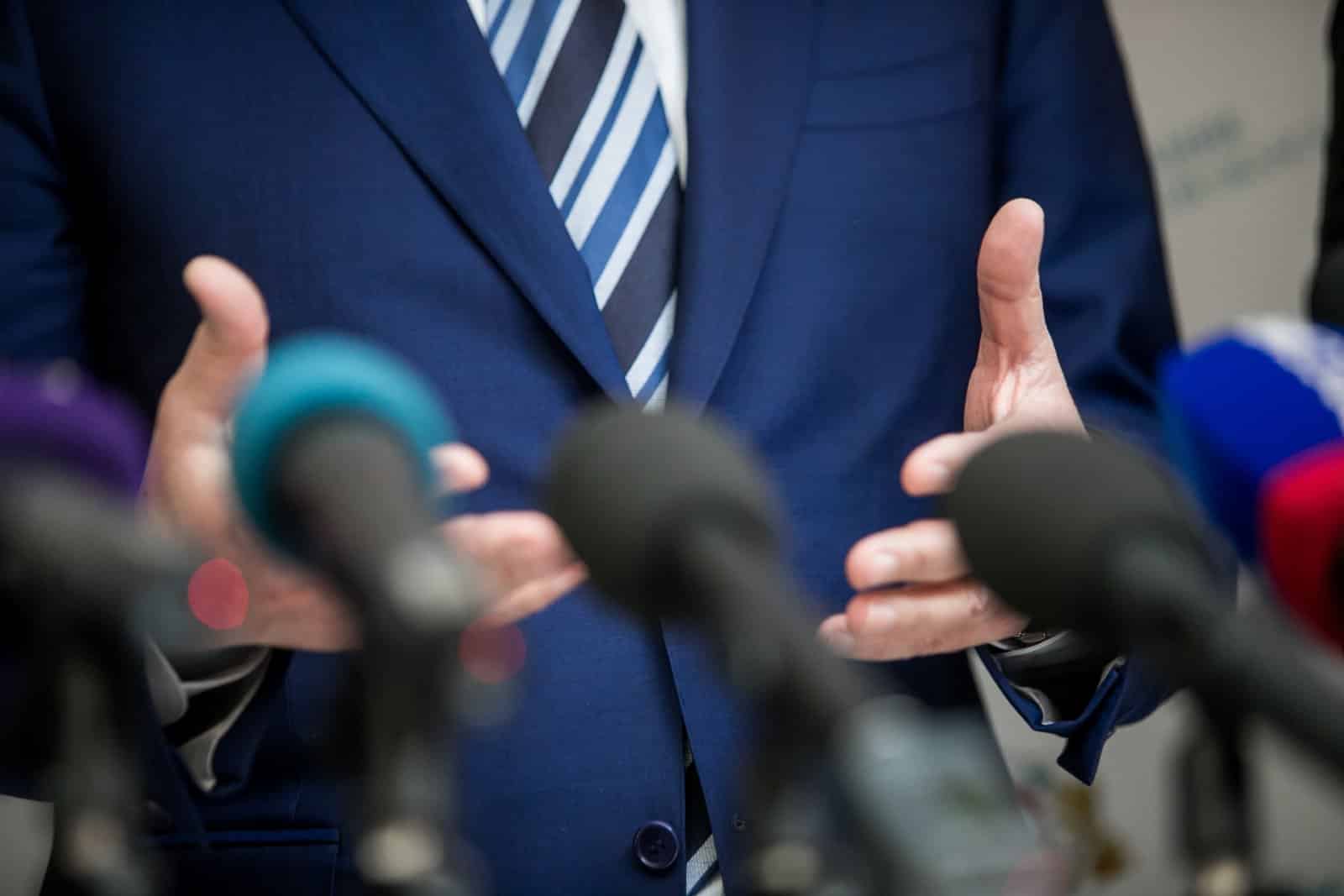
He continued, “There are 5.5 million people on universal credit – five out of six of them cannot afford basic essentials. If we claim to be a civilised society, why is our state not paying those people, all of us, a decent enough allowance for us to be able to live a decent life?”
Light at the End of the Tunnel
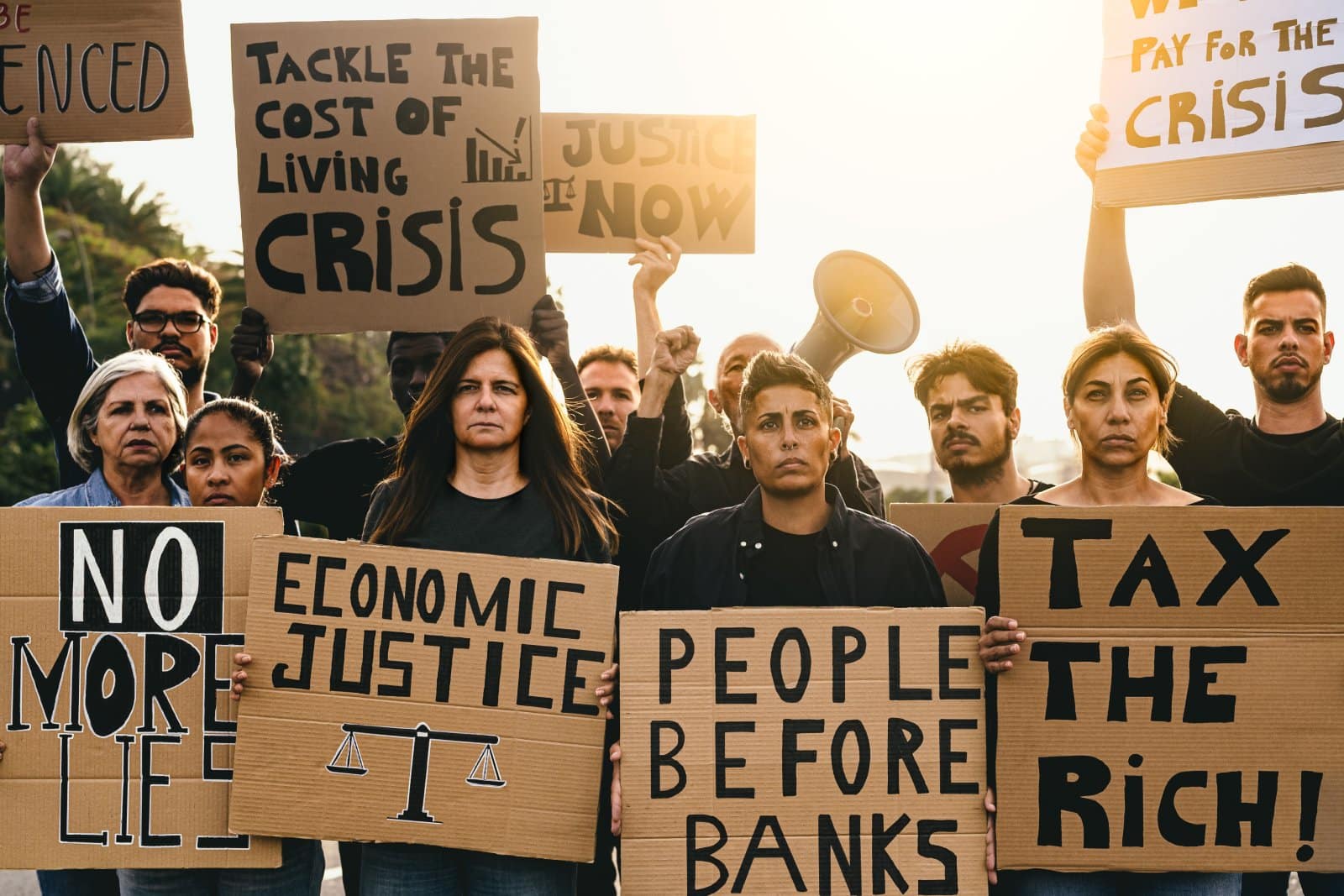
While the latest inflation figures show that there might be some light at the end of the tunnel, it is looking increasingly likely that that rapidly approaching light is, in fact, a train.
Unknown Electoral Impact
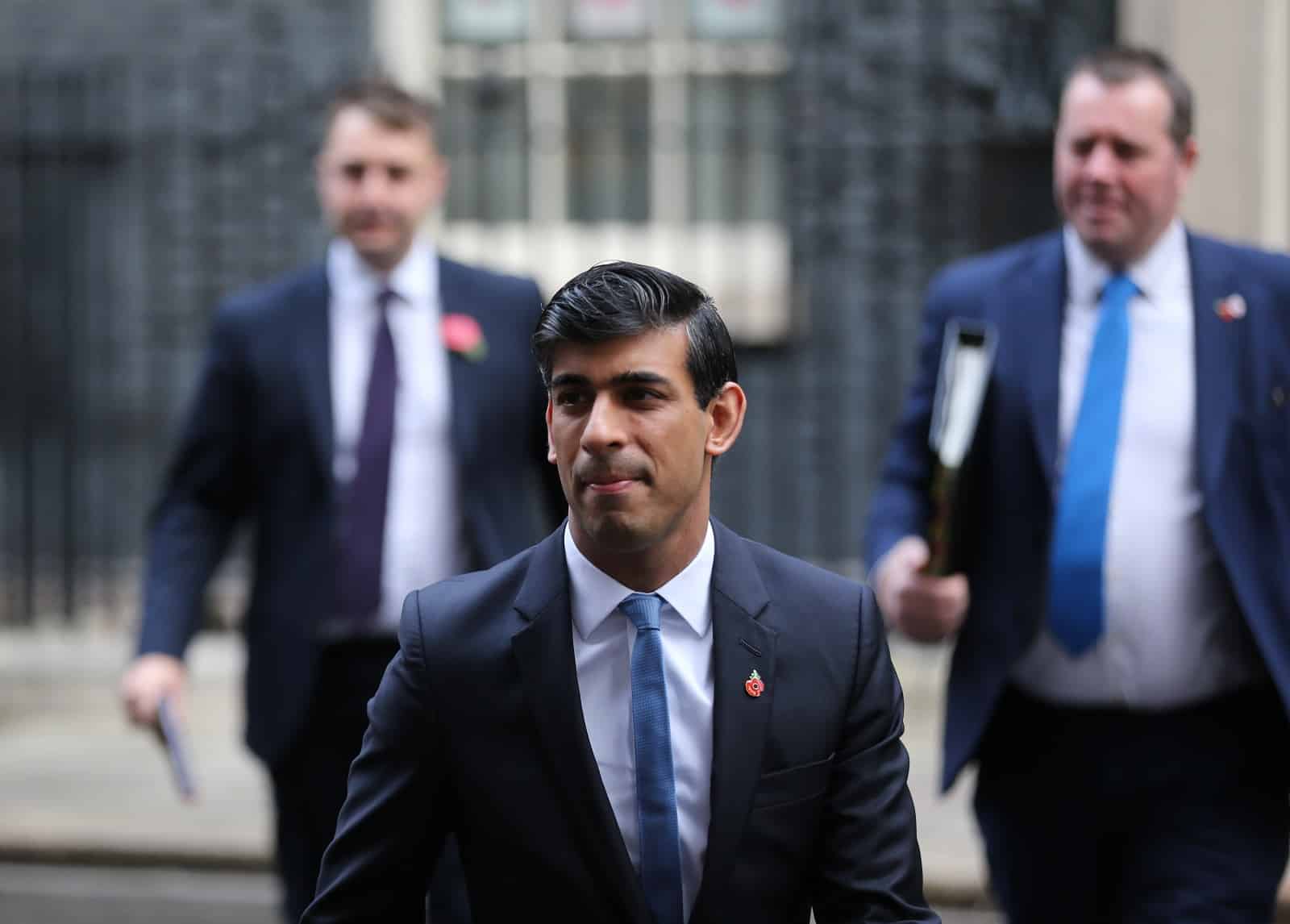
With the public growing increasingly angry at the seemingly never-ending need to tighten their wallets, it remains to be seen whether this marginally positive economic news will be enough to save Rishi Sunak and his party from their widely expected election wipeout.
The post Easing Inflation in the UK Fails to Alleviate Cost of Living Struggles first appeared on Swift Feed.
Featured Image Credit: Shutterstock / IR Stone.

